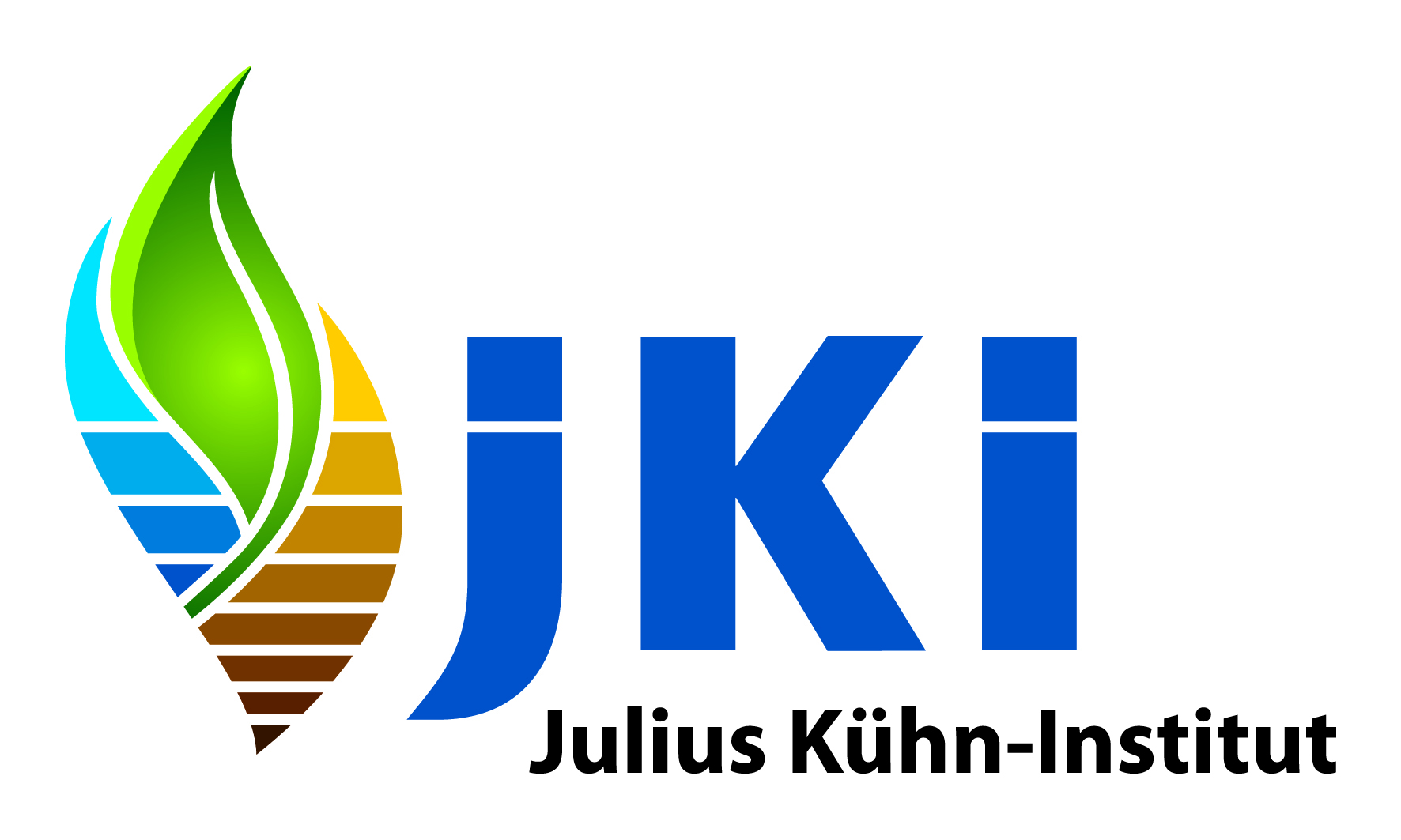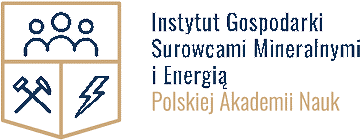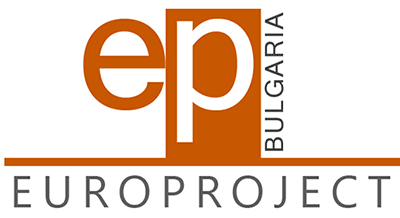Our team
21 partners from 14 countries, covering Northern, Southern, Eastern and Western Europe, securing evaluation of BBFs in all relevant climate conditions
The LEX4BIO consortium is composed of 21 partners from 14 countries covering Northern, Southern, Eastern and Western parts of Europe, thus securing geographical evaluation of BBFs in relevant climate conditions. Together, the partners bring to the project all necessary competences and expertise to ensure a successful transfer of innovative technologies related to BBFs and their uptake by the market.
Distinguished scientists in the field of agriculture (soil science, plant nutrition, risk assessment, socioeconomics) provide profound knowledge of sustainable use of fertilisers throughout the whole value chain. Industry and SME partners provide a direct link to farmers and the vision of the market requirements.
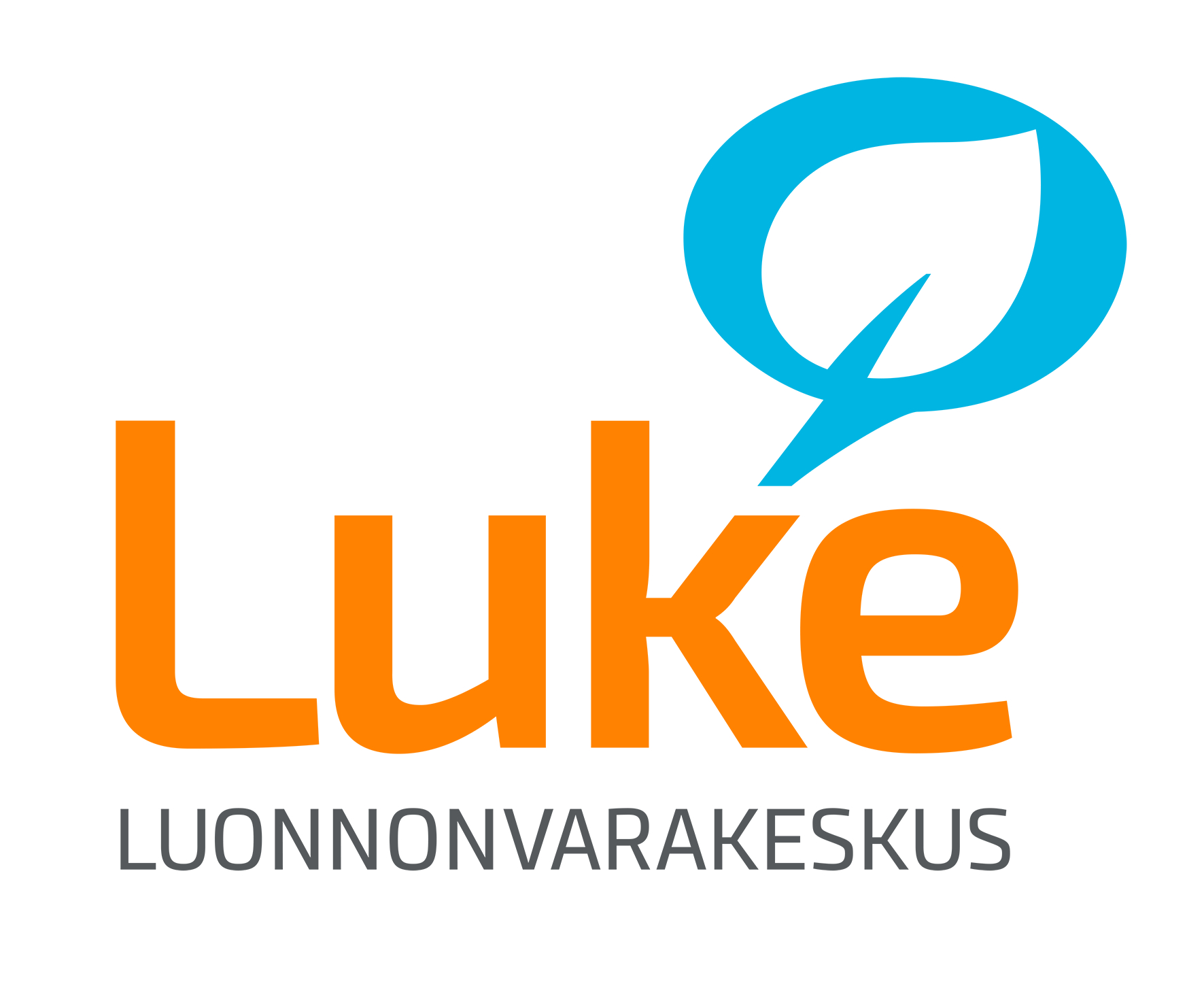
NATURAL RESOURCES INSTITUTE FINLAND (Luke)
Project coordinator, leader of WP9 & WP10, experienced in evaluating regional nutrient flows, optimising fertilisation and determining agronomic efficiency of BBFs, including risk assessment related to their use
Natural Resources Institute Finland (Luke) was launched 1 of January 2015 as a merger of MTT Agrifood Research Finland, Finnish Forest Research Institute, Finnish Game and Fisheries Research Institute and the statistical services of the Information Centre of the Ministry of Agriculture and Forestry. Now Luke is the second largest, public, non-profit research and expert organisation in Finland that works to advance the bio-economy and the sustainable use of natural resources.
The research programmes, planned together with the end-users, aim to create new bio-based products and business opportunities, increase productivity by digitalisation, support regional vitality by circular economy, create well-being from immaterial values, and support the profitability of healthy food production.
Learn more about Luke: www.luke.fi/en/
Contact:
– Kari Ylivainio: kari.ylivainio[at]luke.fi
– Miitta Eronen: miitta.eronen[at]luke.fi
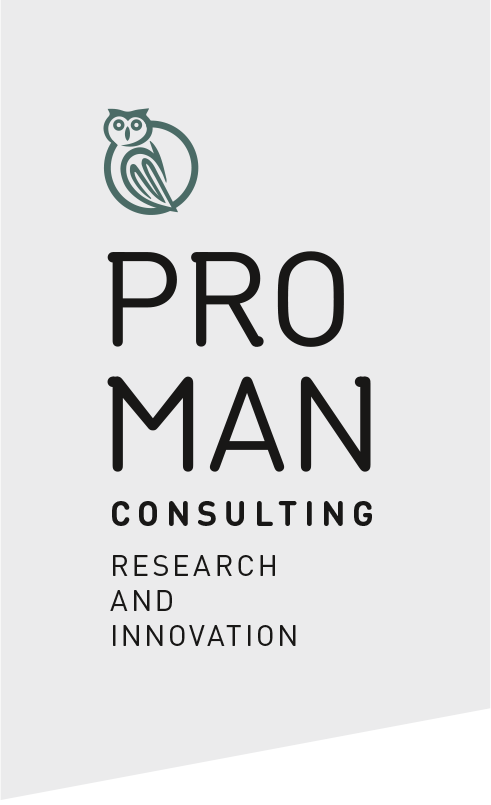
PROMAN MANAGEMENT GMBH (PM)
Leader of WP6 experienced in legal, environmental (LCA), socio-economic framework and impact studies
Proman Management GmbH, founded in 2002, is a small SME that designs, manages and evaluates innovation, research and development projects for business, policy makers and non-profitorganisations. Our team operates at the interface of academic and industrial research combining industry driven thinking and scientific inquisitiveness for integrated process solutions.
World class expertise and experience in the design, development and economic and environmental impact assessment (LCA) of biological and thermal biomass-to-energy (BtE) processes including separation, recovering and recycling of minerals and metals is documented in patents, articles, scientific papers, reports, books and presentations.
A team of economists and engineers covers legal, market, business, process and environment related activities aiming at the transition of innovations to the market and the evaluation of technologies and processes. The Proman team is present in European expert groups and has authored and co-authored studies on phosphate processing on behalf of Swiss and German governmental bodies.
Learn more about PM: www.proman.pro
Contact:
– Ludwig Herman: l.hermann[at]proman.pro
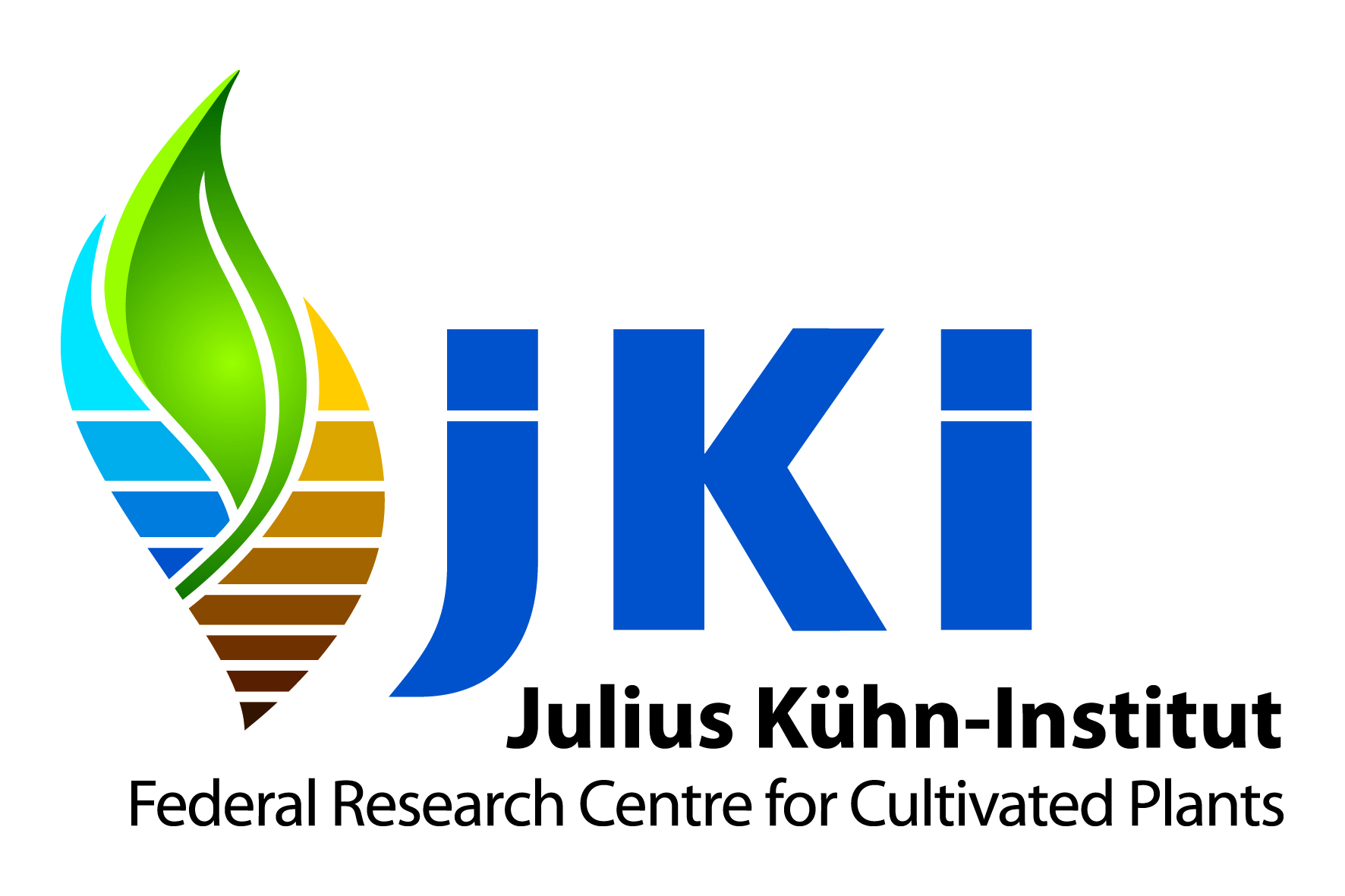
JULIUS KÜHN-INSTITUT (JKI)
Leader of WP1 experienced in evaluation of nutrient flows and strategies for the sustainable use of organic and mineral fertilisers, and on methods and procedures to characterise and evaluate fertiliser effects on soils and plants
JKI is the higher federal authority and research centre within the division of the Federal Ministry of Food and Agriculture in Germany.
The JKI-Institute of Plant Nutrition and Soil Science (JKI-PB) carries out fundamental and applied research on agricultural production and the protection of natural resources. Main working fields are crop production, plant nutrition, fertilisation and soil science. JKI-PB has been working for many years on developing strategies for the sustainable use of organic and mineral fertilisers in conventional and organic agriculture, and on optimising methods and procedures to characterise and evaluate fertilisers and their effects on soils and plants. Assessment of plant availability of fertilisers, including the agronomic efficiency of recycling fertilisers, is one of the central tasks of JKI-PB jointly with the identification and evaluation of potentially harmful effects of fertilisers with regard to their contamination with heavy metals and organic pollutants.
Learn more about JKI: www.julius-kuehn.de/en/crop-and-soil-science/
Contact:
– Elke Bloem: elke.bloem[at]julius-kuehn.de

UNIVERSITY OF COPENHAGEN (UCPH)
Leader of WP4 experienced in optimal utilisation of agricultural manures, crop residues and urban waste products, their quality, and effects on soil nutrient cycling, soil quality, plant nutrition and losses of N and P to the environment
The University of Copenhagen (Denmark) is one of the largest universities in northern Europe. The Faculty of Science has an applied and business-oriented approach to the natural sciences.
The Soil Fertility research group, belonging to Dept. of Plant & Environmental Sciences (PLEN), has a very strong research record on the use of agricultural manures, crop residues and urban waste products, their quality, utilisation on agricultural land and effects on soil nutrient cycling, soil quality, plant nutrition and losses of N and P to the environment, simulation modelling, environmental impact and life cycle assessments in agricultural systems.
Broadly, the Soil Fertility research group has addressed the efficiency of organic wastes and residual resources from agriculture, urban areas and industry as resources for plant nutrition and soil quality and functioning, emphasising research on soil biology, nutrient use and agronomic efficiency.
Learn more about UCPH and PLEN: www.plen.ku.dk
Contact:
– Lars Stoumann Jensen: lsj[at]plen.ku.dk
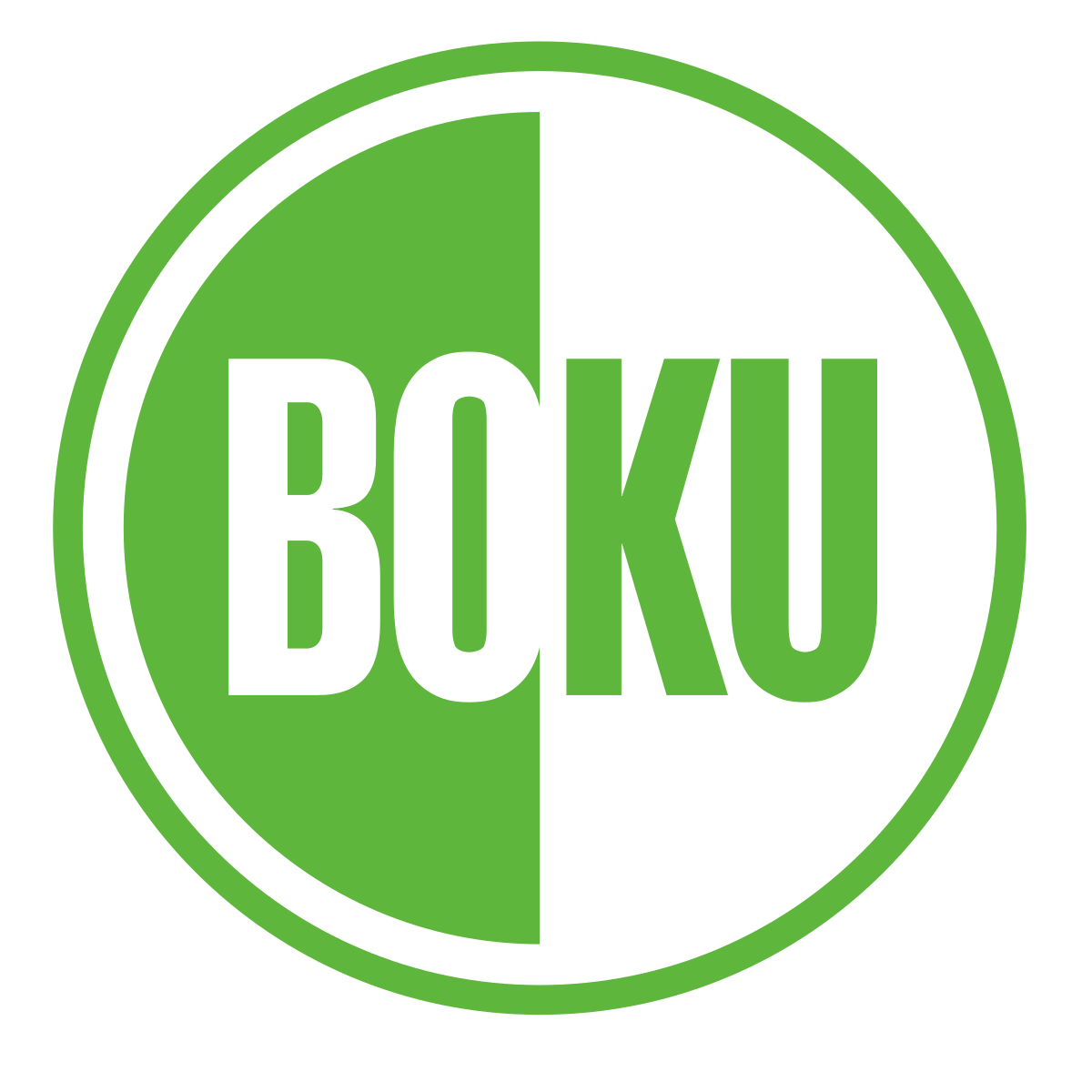
UNIVERSITY OF NATURAL RESOURCES AND LIFE SCIENCES VIENNA (BOKU)
Experienced in nutrient bio-availability in soil fertiliser plant systems, nutrient recycling from waste streams, environmental biogeochemistry, soil chemistry and environmental analytical chemistry
Founded in 1872, the University of Natural Resources and Life Sciences, Vienna (BOKU) comprises 15 departments, located on two sites in Vienna and one in Lower Austria, as well as several external research and teaching facilities in Austria. Research at a high level is both backbone and guideline for future development. BOKU´s scientists are particularly active and successful in competitive project tenders, nationally as well as in European and international programs. Performing not only excellent basic research but moving along the innovation chain towards applied research makes BOKU a strong partner for the industry.
The university is a teaching and research institution that focuses on renewable resources that are a prerequisite for human existence. The relationships between man, society and the environment form the basis of all activities at BOKU, and its foremost aim is to make decisive contributions to securing the well-being of future generations. In this endeavour, BOKU seeks ways of ensuring a sustainable and environmentally sound management of natural resources by allying the competences of the natural, engineering, economic and social sciences.
Learn more about BOKU: www.boku.ac.at
Contact:
– Jakob Santner: jakob.santner[at]boku.ac.at

UNIVERSITY OF AMSTERDAM (UvA)
Leader of WP5 experienced in environmental bio-geochemistry, soil chemistry, organic micro-pollutants, environmental risk assessment, environmental analytical chemistry, circular chemistry, non target analysis
The University of Amsterdam is the largest university in the Netherlands, core member of the League of EU Research Universities and one of the largest research universities in Europe. Research institutes work together on leading multidisciplinary research themes and forge connections with partners in society and industry.
Researchers from two institutes are participating to the LEX4BIO project:
- The Van ‘t Hoff Institute for Molecular Sciences (HIMS) strives at utilisation and expansion of its knowledge and expertise by engaging in collaborative research efforts that address challenges in society and industry. The transition to a more-sustainable society and the advancement of new technologies and associated new materials critically rely on breakthroughs in chemistry research. Addressing challenges related to energy, climate, health, food, and waste requires imagination from chemists to provide novel solutions. The molecular view of the HIMS scientists pervades all scientific disciplines, from life science and biology, through food science and agriculture, to nanoscience and physics.
- The Institute for Biodiversity and Ecosystem Dynamics (IBED) targets the world around us from the level of molecules and genes to entire ecosystems. We aim to unravel how ecosystems function in all their complexity, and how they change due to natural processes and human activities. At the core of IBED lies the integrated approach to study biodiversity, ecosystems and the environment using methods typical of the disciplines of ecology, physical geography and environmental chemistry. The Ecosystem and Landscape Dynamics department of IBED develops and applies state-of-the-art knowledge to mitigate current degradation processes in terrestrial ecosystems, such as loss of nutrients (C, N, P), desertification, pollution and eutrophication, and to adapt to the major challenges imposed to ecosystems resulting from global change.
Learn more about UvA: www.uva.nl/en
Contact:
– Chris Slootweg: J.C.Slootweg[at]uva.nl
UNIVERSITY OF HOHENHEIM (UHOH)
Leader of WP2 experienced in working with recycled essential plant nutrients including phosphorus from organic manure and sewage sludge, assessment of BBFs in on-farm field, and greenhouse experiments
The University of Hohenheim (UHOH) has the largest agricultural faculty in Germany. It combines interdisciplinary competencies across all three faculties (agricultural science, natural science, and business, economics and social sciences) to focus on the bioeconomy in research and education.
UHOH unique profile enables the depiction of whole value chains from resource production, resource properties and supply logistics, biotechnological conversion processes to create (new) biobased products and services, to marketing and consumption of these products.
Two departments from UHOH are participating in the LEX4BIO project:
- The department “Biobased Products and Energy Crops“ has vast experience and a strong research background in value chain analysis including biomass potential assessment, energy crop production and life-cycle and sustainability assessment of bioenergy and biobased product systems, both at European and global scale. Biomass crops, sustainable agricultural production systems, nutrient recycling concepts and the energetic and material use of biomass are equally important research fields.
- The department “Fertilization and Soil Matter Dynamics” has been involved in several projects focusing on recycling of essential plant nutrients incl. phosphorus from organic manure and sewage sludge.
Learn more about UHOH: www.uni-hohenheim.de/en/
Contact:
– Andrea Bauerle: a.bauerle[at]uni-hohenheim.de
– Laura Mack: laura.mack[at]uni-hohenheim.de
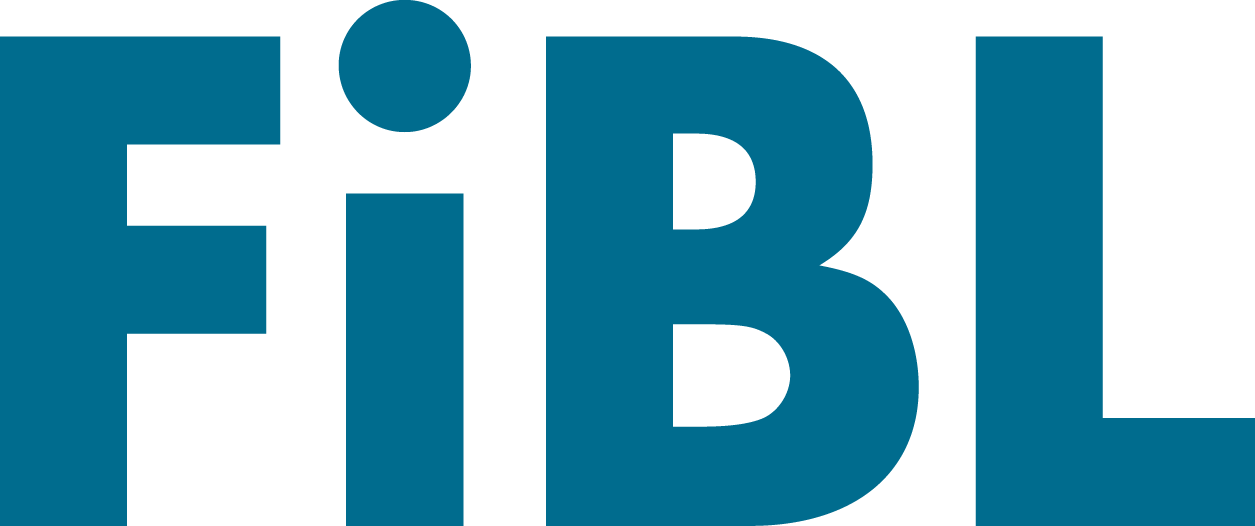
RESEARCH INSTITUTE OF ORGANIC AGRICULTURE (FiBL)
Leader of WP3 experienced in nutrient management and soil quality assessment
FiBL is one of the world’s leading organic farming research and technology transfer centres dedicated to sustainable agriculture with 180 staff members. It is an independent, non-profit research institute with the aim of advancing cutting-edge science particularly in the field of organic farming. The institute bridges basic and applied research and the team works together with farmers and farmers’ organisations to develop innovative and cost-effective solutions to boost agricultural productivity while never losing sight of environmental, health and socio-economic impacts.
The Department of Soil Sciences (DSS) focuses on improving the efficiency and sustainability of cropping systems in terms of nutrients and other resources. It has thorough expertise on soil quality and functions, with an emphasis on soil biology, including the diversity of microbial communities in the soil and their role in organic matter (humus) build-up and mineralisation. The group searches for appropriate methods to manage symbiotic root micro-organisms and to close nutrient cycles between society and agriculture.
Learn more about FiBL: www.fibl.org
Contact:
– Else Bünemann: else.buenemann[at]fibl.org

UNIVERSITY OF SEVILLA (US)
Experienced in the assessment of soil fertility, assessment of P bio-availability in soils and fertilisers; study of soil biochemical properties related P cycle; assessment of the efficiency of N and P fertilisers
The University of Seville was born in 1505 and it is one of the oldest and largest universities in Spain.
Research in agriculture related field is of particular relevance in the university. The “Agronomy” research group from the Department of Agroforestry Sciences participates in this proposal. The members involved in this project have a large expertise in studies on: (a) soil fertility; (b) nutrient dynamics and availability in soil, (c) interaction of nutrients with
organic matter and microbial activity in soil, and (d) fertilisation management.
Learn more about US: http://www.us.es/eng/
Contact:
– Antonio Delgado: adelgado[at]us.es
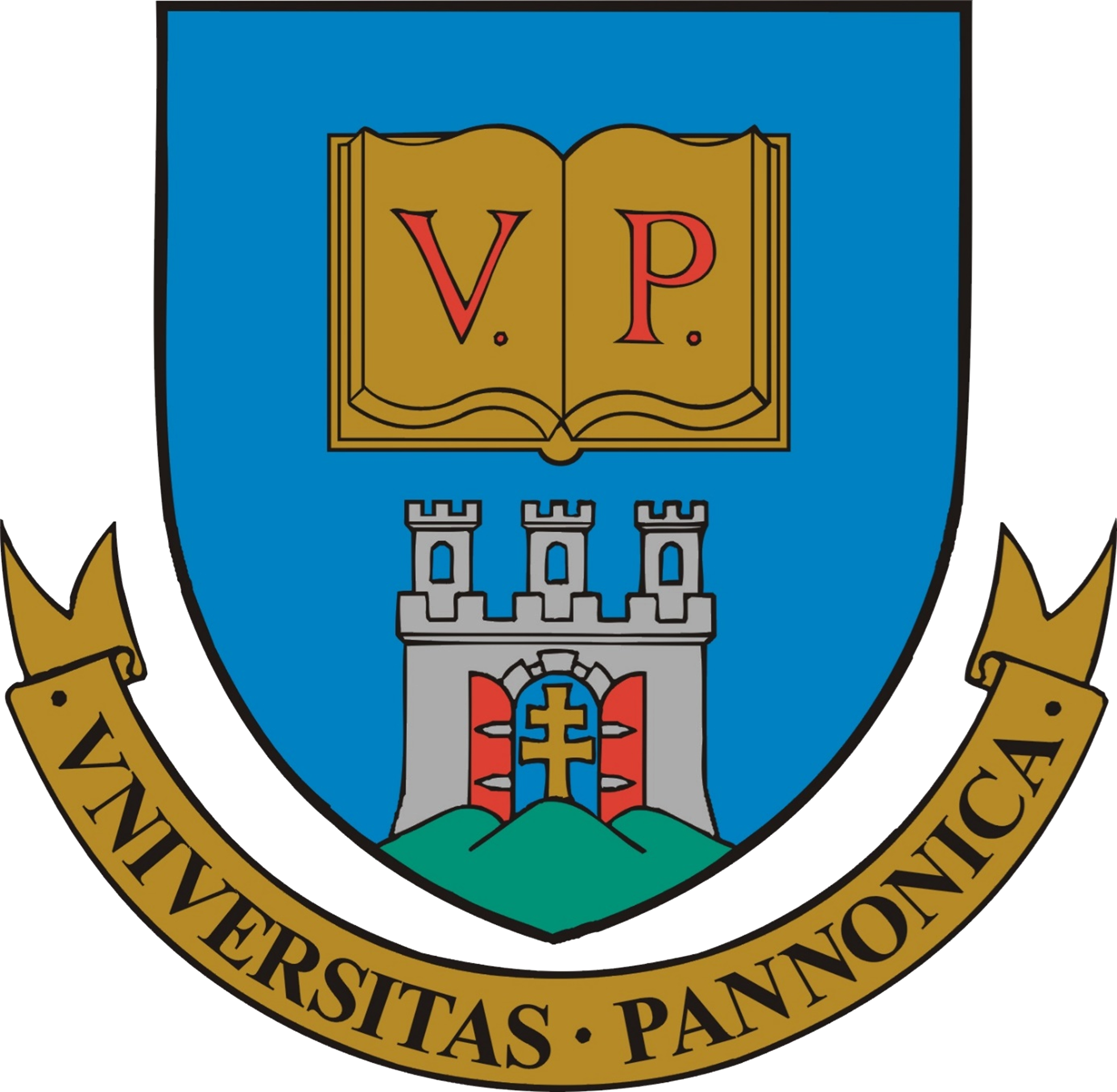
UNIVERSITY OF PANNONIA (UP)
Experienced in analysing and mapping nutrient status from local to continental level and in spatio-temporal prediction and geo-statistical modelling of soil properties
The Georgikon Faculty of the University of Pannonia is the first regular agricultural higher education institution on the Continent of Europe (established in 1797), and it performs extensive international research programs in soil and environmental sciences, land use, plant production as well as agro-informatics.
The Georgikon Faculty has been running several long-term field experiments since the 1960-ies in which the effect of different rates and forms of fertilisers, soil tillage and crop rotation as well as different systems of organic matter and crop residue management can be studied. The Faculty is also in charge of organising and supervising the National Long-term Field Trial Network. Data base consisted of soil, plant and climatic data from the field experiments and pilot areas are available for research.
The Georgikon Faculty of the University of Pannonia carries out basic and applied research and development in the field of agricultural sciences, participates in the dissemination of professional and scientific knowledge, and works in cooperation with organisations involved in agriculture, the food industry, rural development, environment protection and sustainable development, at both national and international levels.
Learn more about UP: www.eng.uni-pannon.hu/
Contact:
– Tamás Hermann: tamas.hermann[at]georgikon.hu
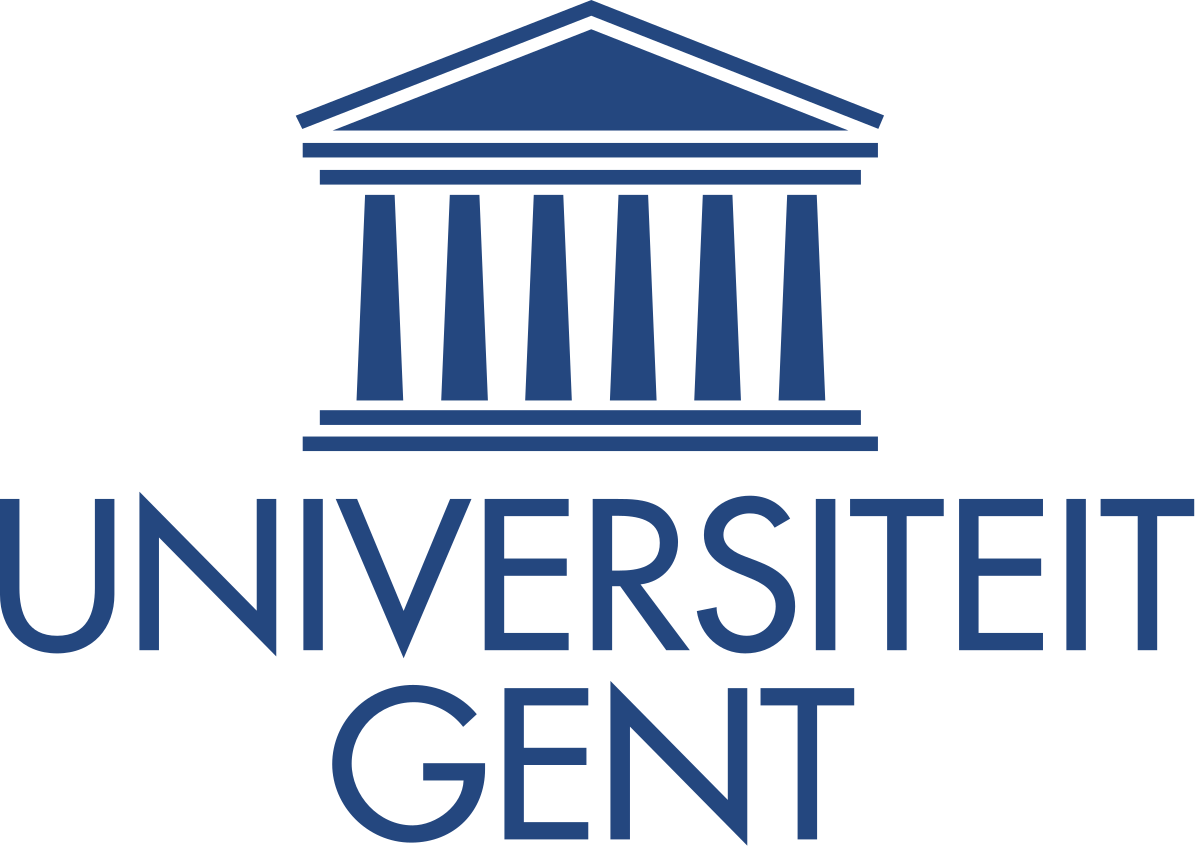
GHENT UNIVERSITY (UG)
Experienced in policy and logistic modelling, mostly in the context of reactive nitrogen policies and the common agricultural policy
Ghent University (UGent) is one of the most important academic institutions for higher education and scientific research in Belgium.
The MODERNA team (Modelling and Optimisation of Decisions in Economics, Resources, Nature and Agriculture) of the department of agricultural economics is involved in LEX4BIO. The team is specialised in simulation and analysing the impact of different policy instruments in agricultural and environmental policies. Several current and past projects deal with reactive nitrogen pollution policies (ammonia emissions to air and nitrate pollution of ground and surface water). MODERNA is contributing to the socio-economic analysis, collection of data on transport and availability of biobased fertilisers and modelling of transport and logistics of fertilisers and processing technologies and modelling the wider impact using input-output analysis.
Learn more about UG: www.ugent.be
Contact:
– Jeroen Buysse: J.Buysse[at]UGent.be

NORWEGIAN GEOTECHNICAL INSTITUTE (NGI)
Experienced in research on biochar and contaminant binding in Norway, and biochar in climate-smart agriculture in Zambia and Indonesia
NGI is a private foundation with focus on the use of waste and residual products (e.g. biochar) and on environmental technology, NGI has been a central partner in research on biochar and climate-smart agriculture in Norway, Zambia and Indonesia, investigating soil fertility, GHG emissions, clean biochar production technologies, and doing LCA.
With regard to passive samplers for improved risk assessment of organic contaminants, NGI was the first to develop a passive sampler that could directly be deployed in a water body or groundwater well (ultrathin polyoxymethylene sheets). More recently, NGI developed a probe that can be used to obtain in situ freely dissolved porewater concentration profiles in sediments.
Learn more about NGI: www.ngi.no/
Contact:
– Gerard Cornelissen: Gerard.Cornelissen[at]ngi.no
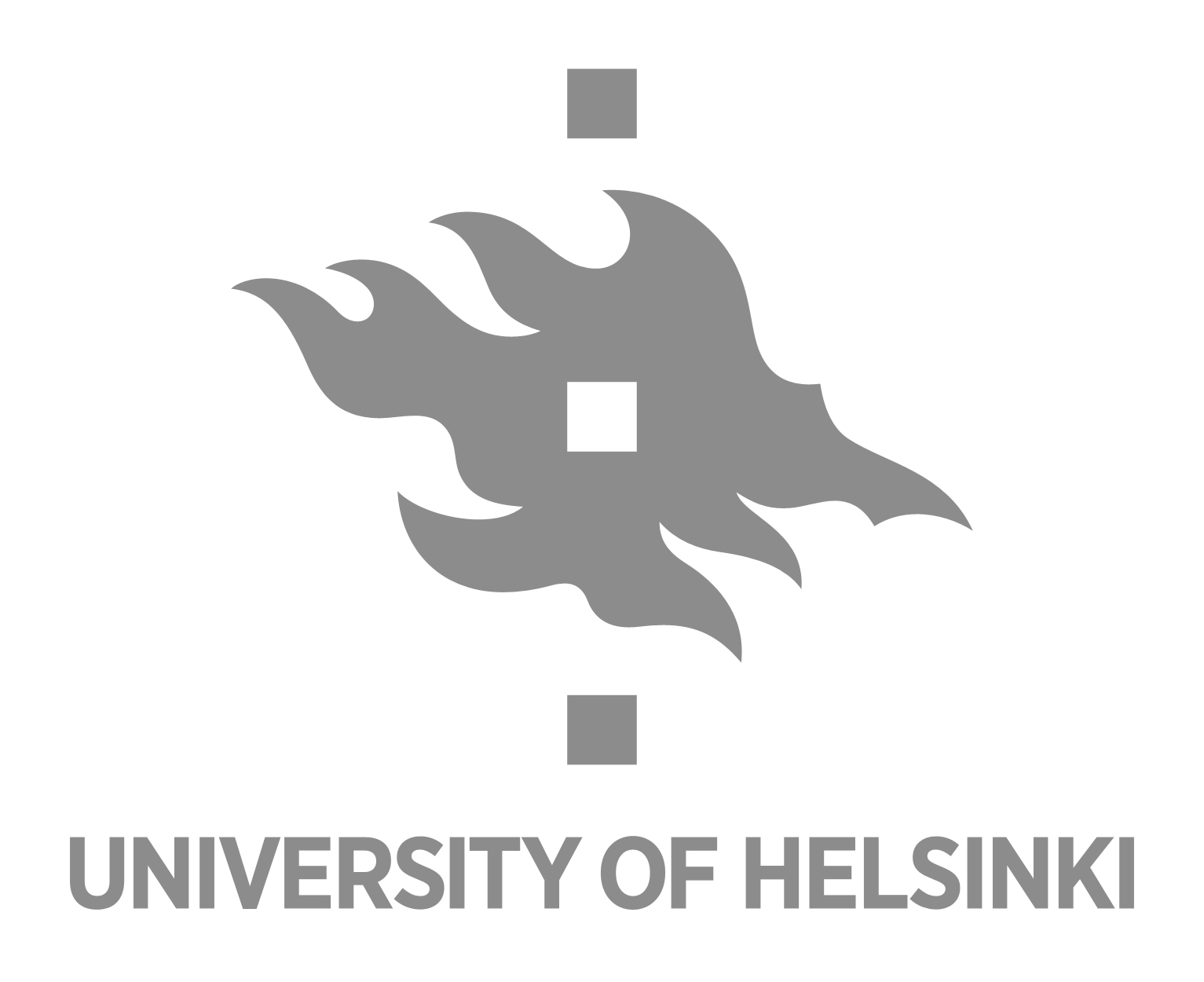
UNIVERSITY OF HELSINKI (UH)
Experienced in antibiotic resistance and its dynamics, especially in environment and agricultural settings and in statistical methods required for risk assessment in this field
Molecular Environmental Biosciences research group in the Faculty of Agriculture & Forestry is involved in the LEX4BIO project. Professor Marko Virta and his team have studied antibiotic resistance in various environments for over ten years and contributed significantly to the global understanding on the role of environment in the development and dissemination of antibiotic resistance. The group has also developed state-of-the art molecular methods that are needed in order to study antibiotic resistance of unculturable bacteria, which are estimated to cover more than 99 % of all bacteria. With the combination of knowledge on agricultural practices and facilities the group has access, the possible risks related to antibiotic resistance dissemination can be identified and assessed.
The sustainable use of natural resources is central to solving major future issues, such as how to ensure a sufficient and safe food production for a growing population. The research carried out at the Faculty of Agriculture and Forestry provides science-based perspectives and means for meeting future challenges in agriculture, food production and forestry. Such challenges arise particularly from climate change and adaptation strategies, other environmental issues, food safety and supply, energy production and saving, as well as shifts in forestry. The goal of research is to promote the sustainable production, use and consumption of renewable natural resources both nationally and globally by integrating approaches from the natural sciences, engineering, economics and social sciences.
Learn more about UH: www.helsinki.fi/en/
Contact:
– Johanna Muurinen: johanna.muurinen[at]helsinki.fi
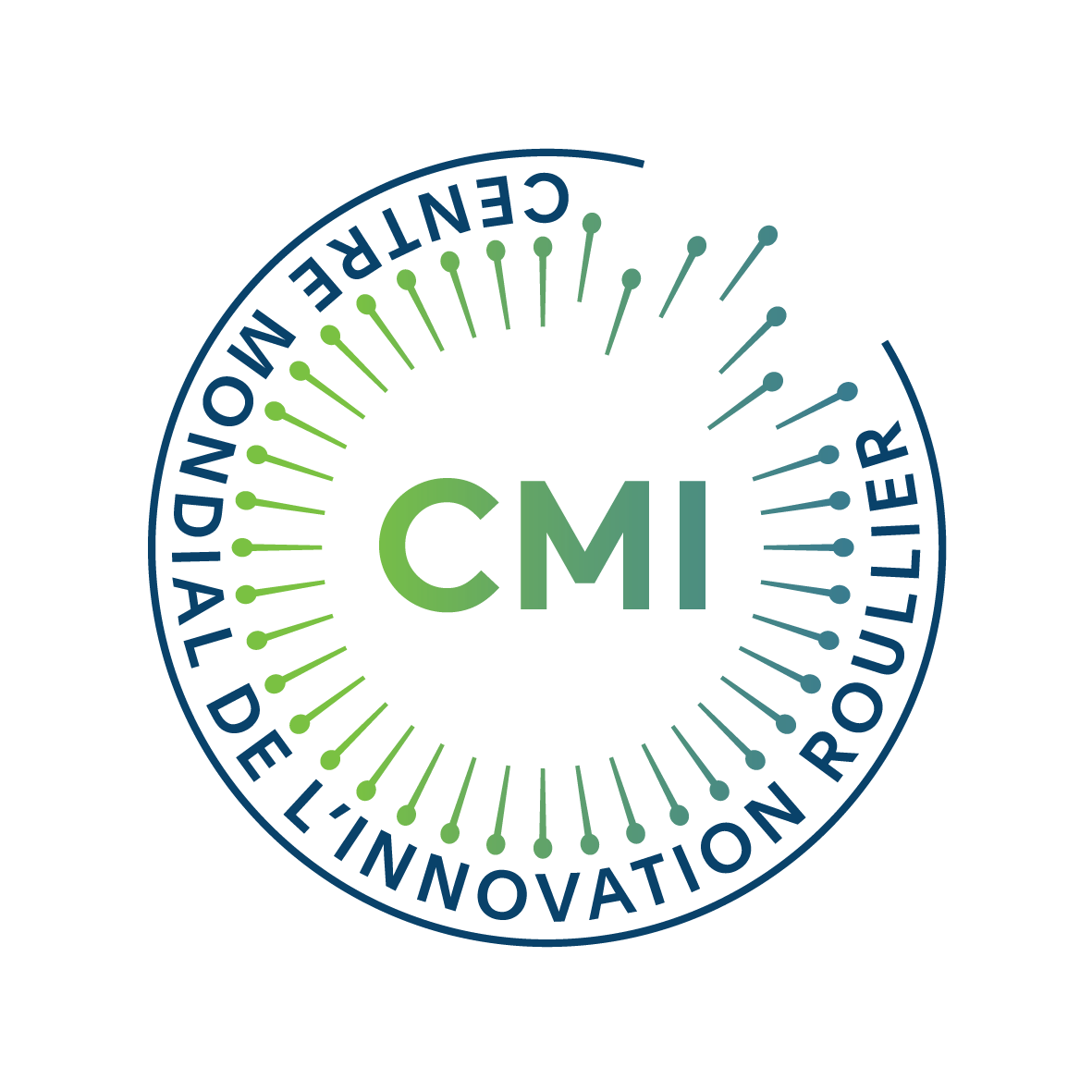
AGRO INNOVATION INTERNATIONAL (AII-RG)
Expertise in plant nutrition, fertiliser formulation and commercial production
The Roullier Group was founded in 1959 in Brittany (France) and is an owning family share group. The Roullier Group offers innovating solutions mastering the all steps in commercial and industrial processes.
The agricultural supplies branch of the Roullier Group offers a wide range of mineral and organic fertilisers with high added value and offers several ranges of fertilisers for crops and specialised crops.
The Roullier Group have its own labs regrouped in the company AII-CMI. Their missions are mainly to innovate in developing new efficient fertilizers and biostimulants. To fulfil these missions AII-CMI regroups several activities such as chemistry, biochemistry, plant physiology and agronomical engineering enabling to create new natural active products with solid scientific specifications.
Learn more about Roullier Group: www.roullier.com
Learn more about AII-CMI: https://www.roullier.com/fr/expertises/innovation
Contact:
– Mustapha Arkoun: Mustapha.Arkoun[at]roullier.com
ECOPLANT (ECP)
Experienced in BBF production from plant-based ash, based on production and installation of commercial energy technologies
Oriy Group – an innovative engineering company with experience of 20 years in the field, with main focus in development of sustainable farming system models for agriculture. The company collaborates with Scientific, Agricultural and Energy institutions in Ukraine and European Union. Oriy Ltd. has developed a disruptive innovation for nutrient recycling – EcoPlant – the missing link to circular economy initiative adoption to biomass ash waste management and sustainable agriculture.
The technology enables to combine any biomass ash with different soil improving substances, minerals and bacteria, which results is a product able to fulfil most plants nutrient needs. The technology is developed in compliance with ISO standards for Quality and Environmental requirements management. Furthermore, the production process is certified by EU institutions suitable for Organic Farming according to EC Regulations 834/2007 and 889/2008. Oriy Group is proud to be a pioneer and an ambassador for sustainable farming systems of the future.
Contact:
– Edmundas Akstinas: Edakstinas[at]ecoplant.ua
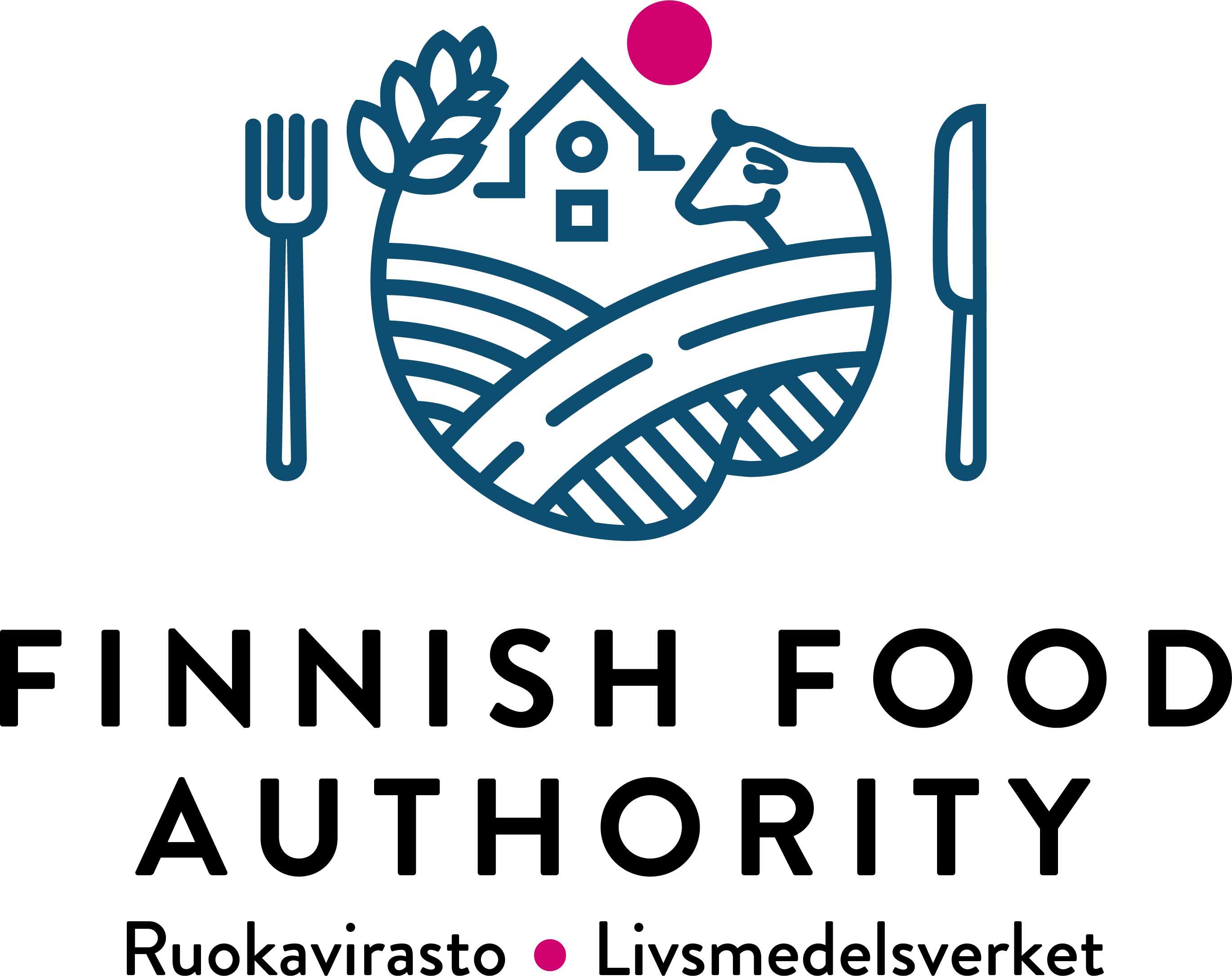
FINISH FOOD AUTHORITY (RUOKAVIRASTO)
Experienced in in dietary exposure assessment and scientific risk assessment related to food safety
The Finnish Food Authority is a national authority monitoring and studying the food chain from field to fork, operating as the EU’s paying agency, and conducting research on food safety. The Risk Assessment Unit conducts scientific risk assessments on food safety, infectious animal diseases and plant health independently from the decision making, and the finished risk assessments are publicly available to provide researched information for the decision makers, stakeholders and consumers.
The Risk Assessment Unit in Finnish Food Authority has high expertise in dietary exposure assessment and scientific risk assessment related to food safety. The researchers have long experience in the area of risk assessment, and they have developed several mathematical models for probabilistic exposure assessment. The researchers participating in LEX4BIO are experts in chemical food safety with main interest on contaminants, particularly heavy metals.
Learn more about Ruokavirasto: www.ruokavirasto.fi
Twitter: @riskinarviointi
Contact:
– Johanna Suomi: johanna.suomi[at]ruokavirasto.fi
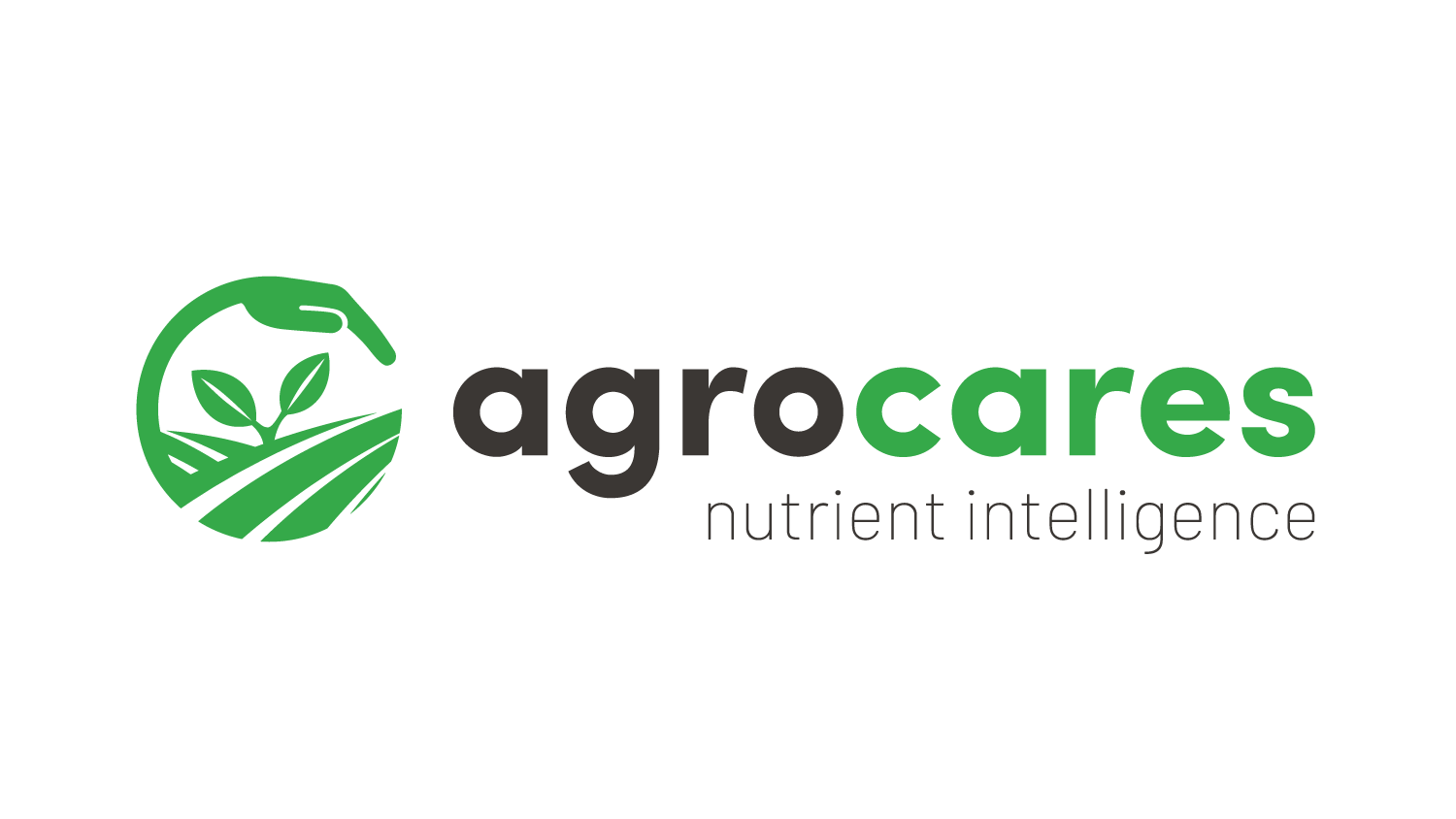
SOILCARES RESEARCH (SC)
Experienced in nutrient solubility and bio-availability in soils, related analytical measurement and optimising fertilisation, provided as commercial service for farmers
SoilCares is part of AgroCares, located in Wageningen. The activities of SoilCares can be characterized as “bringing research into business”.
SoilCares has developed a new concept of soil/feed/leaf testing based on Near-Infrared (NIR), Mid-infrared (MIR) and XRay fluorescence (XRF) sensor technology. The Research group consists of specialists on agronomy, data-management, NIR/MIR/XRF sensor technology, satellite/GIS and soil biology.
SoilCares has its own calibration laboratory in Wageningen where calibration soil samples from all over the world are analysed according to traditional, routine “wet chemistry” methods and at the same time on their NIR/MIR/XRF spectra.
Learn more about SoilCares & AgroCares: www.agrocares.com/en/
EUROPROJECT (EP)
Leader of WP8 experienced in project management, communication, events organisation, design and web development
Established in 2005, Europroject is a service provider specialised in innovation consulting. Its main activities are innovation consulting, economic studies, policy evaluation, technological and technical studies, development of communication material, training, and the management of national and European projects.
Europroject has great experience in building websites and organising communication activities related to EU projects.
Learn more about EP: www.europroject.bg
Contact:
– Manon Ballester: manon.ballester[at]europroject.bg
FIELDSENSE A/S (FS)
Experienced in processing multispectral satellite data for developing and commercial marketing precision agriculture products to farmers
FieldSense develops digital, data-oriented solutions to the precision agriculture market. The SME is specialised in collecting, processing and enriching various types of data, with a specific focus on crop and parcel measurements from Earth Observation satellites and site-specific climate stations.
Through FieldSense solutions, satellite imagery is directly processed from the Sentinel constellations, giving full control over
the data pipeline and allowing to distribute it to third parties. The FieldSense products are implemented into the consumer-oriented platform: a portal where farmers, consultants and researchers can access and interact with complex data and precision farming tools in an intuitive manner.
Learn more about FieldSense: www.fieldsense.dk/
Contact:
– Martin Kjeld Pedersenr: mp[at]fieldsense.dk
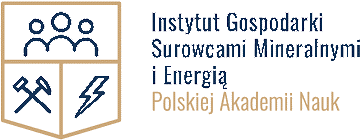
MINERAL AND ENERGY ECONOMY RESEARCH INSTITUTE OF THE POLISH ACADEMY
OF SCIENCES (PAS)
Leader of WP7 experienced in assessment of technological, legal, environmental and social aspects of the management of biogenic raw materials and the use of waste as fertilizers
MEERI PAS was established in 1986 in Cracow (Poland) as a constituent unit of the Polish Academy of Sciences. The organisation’s main research areas include Polish mineral resources, geodynamic synoptic and geothermic of Polish geostructural basins, development of information systems for the purpose of forecasting development of the mineral resources economy, fuels and energy economics, regionalisation of Polish resources policy under economic and ecologic considerations, sustainable development of Polish regions.
Project LEX4BIO is realised by the Division of Biogenic Raw Materials, which performs comprehensive work in the field of:
- Development of recommendations (road maps) for sustainable management of raw materials from primary and secondary sources.
- Development of the concept of environmentally safe fertilizers based on model studies on the transfer of phosphates and nitrates to surface waters and soils.
- Identification and evaluation of fertilizer potential in the field of single and multi-component mineral fertilizers produced on the basis of waste (municipal and industrial sewage, sewage sludge, bottom sediments of water reservoirs, soils saturated with nutrients, waste from the agri-food sector and others).
- Assessment of technological, legal, environmental and social aspects of the management of biogenic raw materials.
- Developing strategies to protect waters against contamination with biogenic raw materials from anthropogenic sources and defining directions of counteracting the process of eutrophication.
- Characteristics of new materials (including nanomaterials) that may be used in municipal and industrial wastewater and soils treatment processes.
Learn more about PAS: www.min-pan.krakow.pl/en/
Contact:
– Marzena Smol: smol[at]meeri.pl
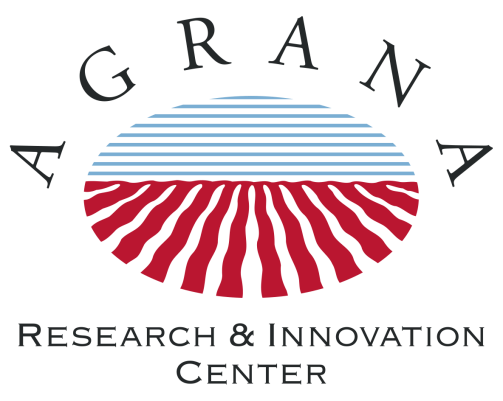
AGRANA RESEARCH & INNOVATION CENTER (AG)
Experienced in consulting farmers regarding optimised plant production including fertiliser management; in soil and fertiliser assessment for plant nutrient availability, agronomical field and pot trials
The AGRANA Research & Innovation Center, is the central research and development company of the AGRANA group for the segments sugar, starch and fruit. As an independent company, ARIC is a 100% subsidiary of AGRANA Beteiligungs-AG and is based in Tulln an der Donau, Austria.
The company is a national and international service provider for research and development in the areas of sugar technology, starch technology for food and technical applications, microbiology and biotechnology, fruit technology and instrumental analysis. One of the key areas of sugar technology is to provide assistance by continuous optimisation of the raw material sugar beet, including soil analysis based on the electro ultrafiltration (EUF) technique, nutrient management, soil management, intercropping, variety testing, plant protection as well as harvest techniques and beet storage management.
Learn more about AGRANA: www.agrana.com
Learn more about AGRANA Research & Innovation Center: www.agrana-research.com
Contact:
– Herbert Eigner: Herbert2.EIGNER[at]agrana.com

